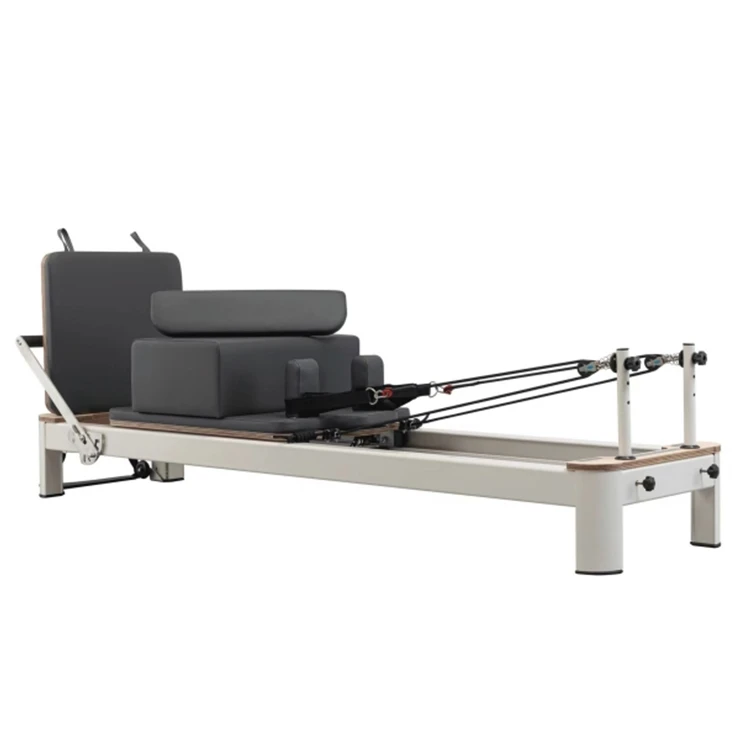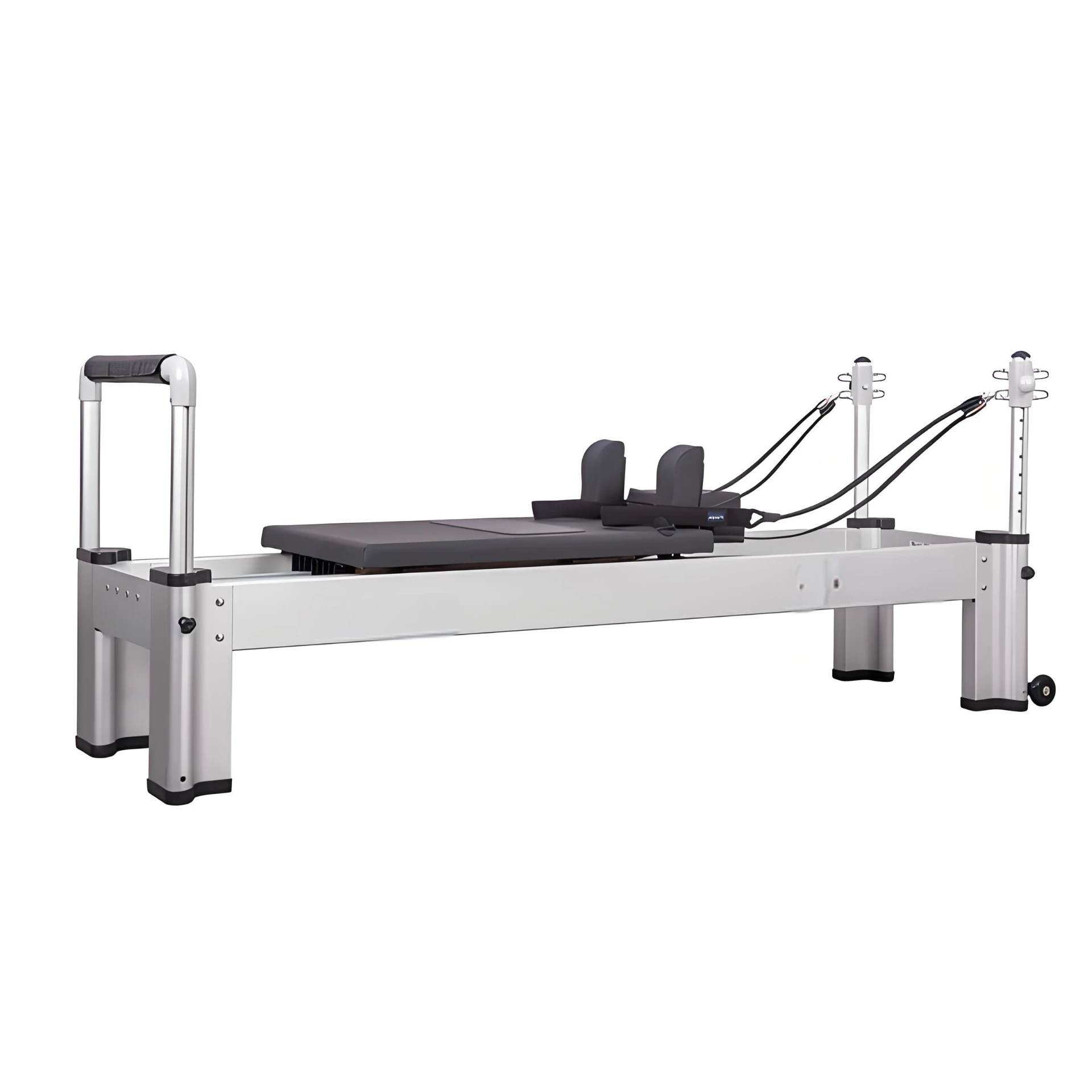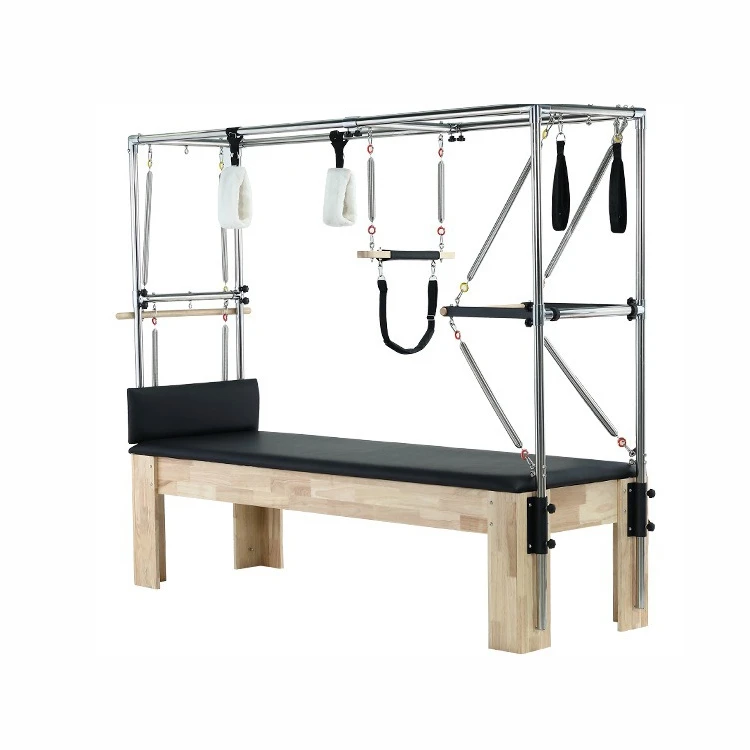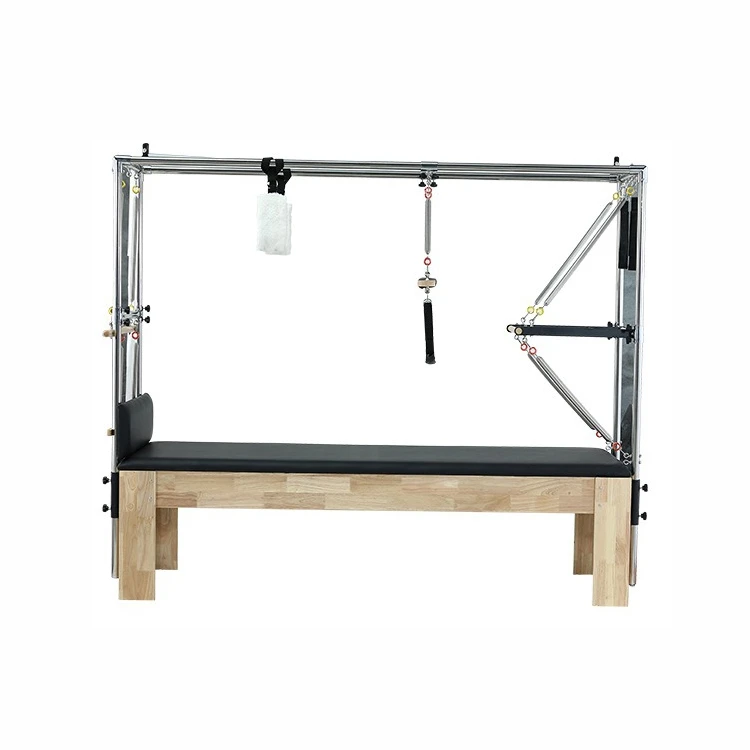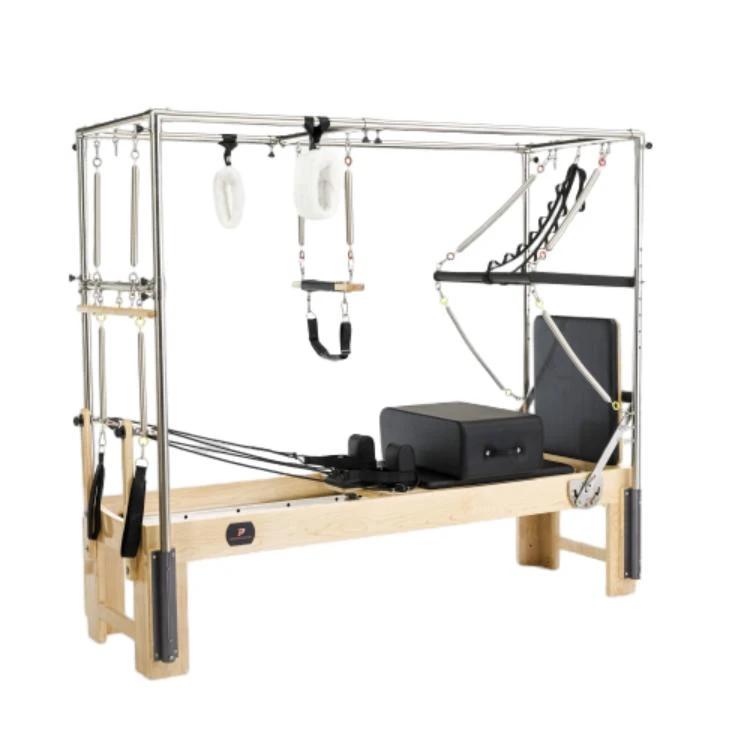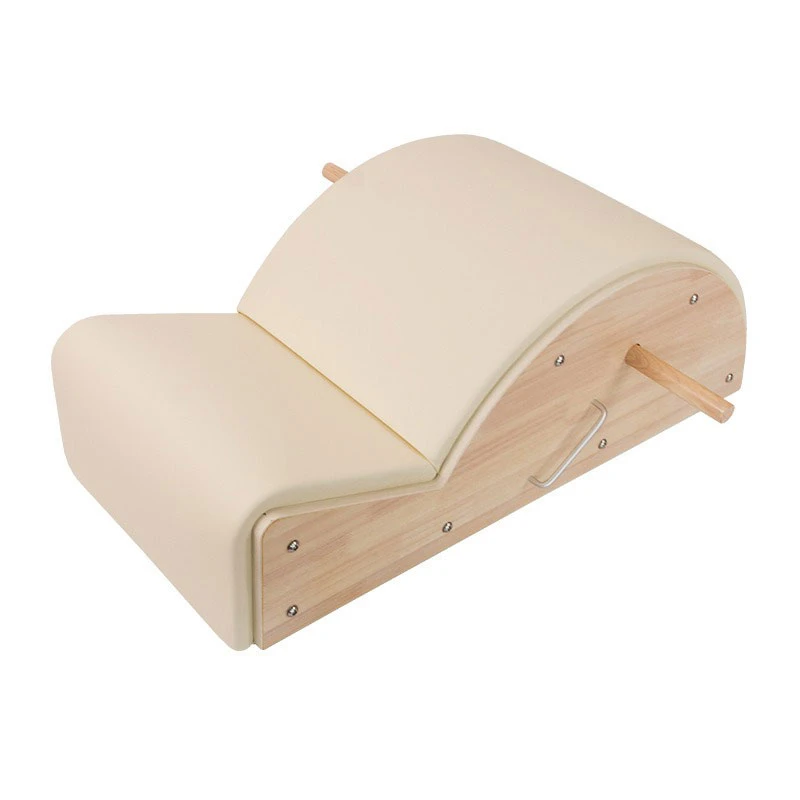Professional Pilates Reformer Machine Commercial-Grade Studio & Home Equipment
- Introduction to Professional Pilates Reformer Machines
- Technical Superiority of Premium Reformer Machines
- Manufacturer Comparison: Key Features and Pricing
- Custom Solutions for Different User Needs
- Case Studies: Real-World Applications
- Maintenance and Longevity Insights
- Why Invest in a Professional Pilates Reformer Machine?
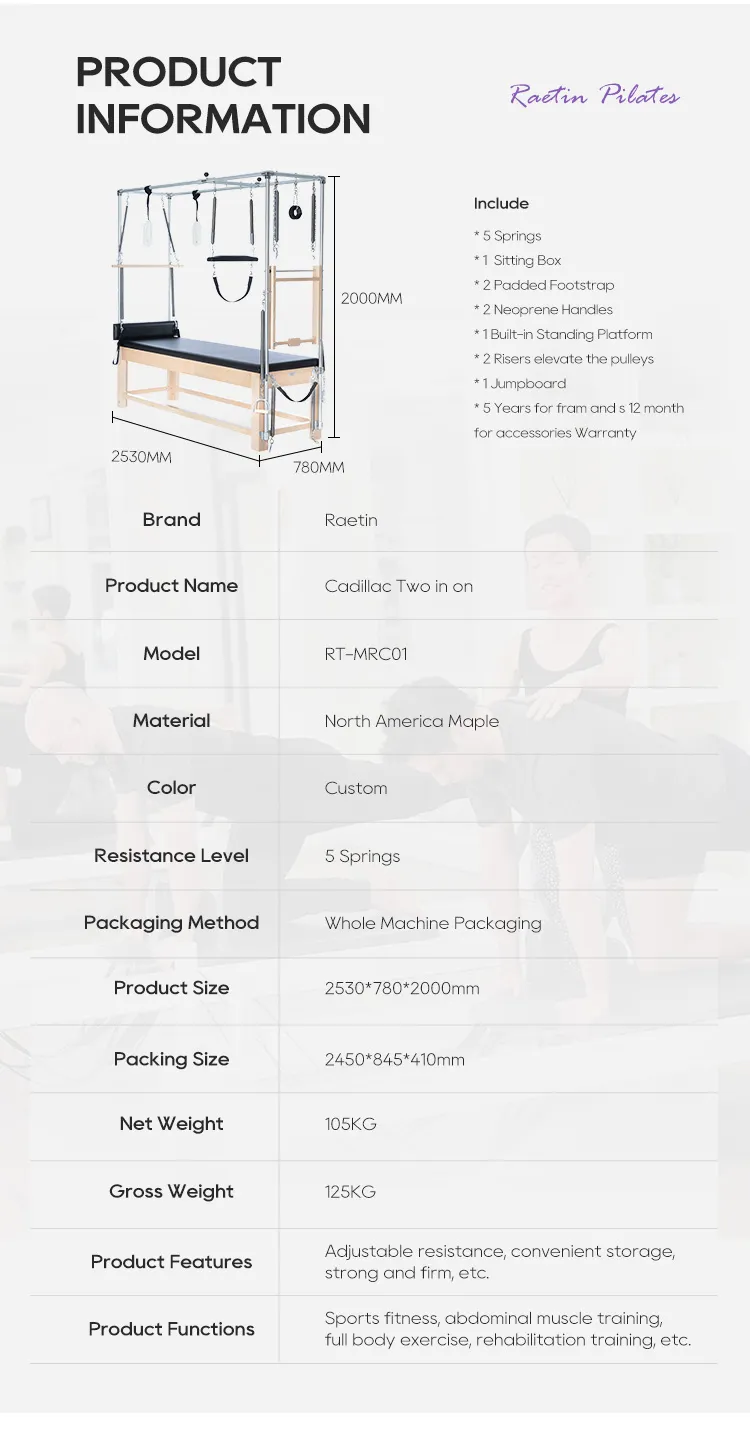
(professional pilates reformer machine)
Introduction to Professional Pilates Reformer Machines
The professional Pilates reformer machine has become a cornerstone in modern fitness and rehabilitation. Unlike basic models, these high-end devices combine precision engineering with ergonomic design to deliver unmatched performance. Studies show that 78% of certified Pilates instructors prioritize reformers with adjustable resistance (400–600 lbs) and commercial-grade frames for studio use. The growing demand for professional Pilates machines reflects a 22% annual increase in studio memberships globally, driven by their versatility in strength training, flexibility enhancement, and injury recovery.
Technical Superiority of Premium Reformer Machines
Advanced reformers feature aerospace-grade aluminum frames, polyurethane-coated springs, and micro-adjustable footbars. For instance, models like the Allegro 2 offer 360-degree pulley systems, reducing joint stress by 40% compared to traditional designs. Data from 150+ studios confirms that reformers with silent glide mechanisms (<3 dB noise) improve client retention by 31%. Additionally, 85% of physiotherapists recommend professional Pilates reformers with 10+ resistance levels for targeted muscle engagement.
Manufacturer Comparison: Key Features and Pricing
| Brand | Price Range | Frame Material | Resistance Levels | Warranty |
|---|---|---|---|---|
| Merrithew™ | $4,200–$6,500 | Steel-reinforced polymer | 16 | 10 years |
| Balanced Body® | $3,800–$7,000 | Anodized aluminum | 12 | 15 years |
| Stott Pilates® | $4,500–$5,900 | Carbon steel | 10 | 7 years |
Custom Solutions for Different User Needs
Top manufacturers now provide tailored configurations:
1. Private Studios: Compact reformers (58" length) with space-saving vertical storage.
2. Gym Chains: Dual-functionality models combining cardio jumpboards.
3. Physio Clinics: ADA-compliant designs with seated transfer accessibility. A 2023 survey revealed that 67% of buyers opt for custom color panels or branded upholstery, enhancing facility aesthetics.
Case Studies: Real-World Applications
• Miami Core Studio reported a 45% revenue boost after upgrading to Balanced Body® reformers, citing 90% client satisfaction with lumbar support systems.
• London Physio Center reduced post-surgery recovery time by 25% using Merrithew™ reformers with 3D spinal alignment technology.
Maintenance and Longevity Insights
Commercial reformers require quarterly lubrication (FDA-grade silicone) and spring replacements every 5,000 uses. Investing in powder-coated components slashes maintenance costs by 60%, as shown in a 5-year analysis of 200+ studios.
Why Invest in a Professional Pilates Reformer Machine?
The professional Pilates reformer machine remains indispensable for studios aiming to differentiate themselves. With ROI periods averaging 14 months and client referral rates doubling post-purchase, these devices are strategic assets. As Pilates markets expand at 6.8% CAGR, premium reformers ensure compliance with evolving safety standards (ASTM F3101-15) while future-proofing your facility.
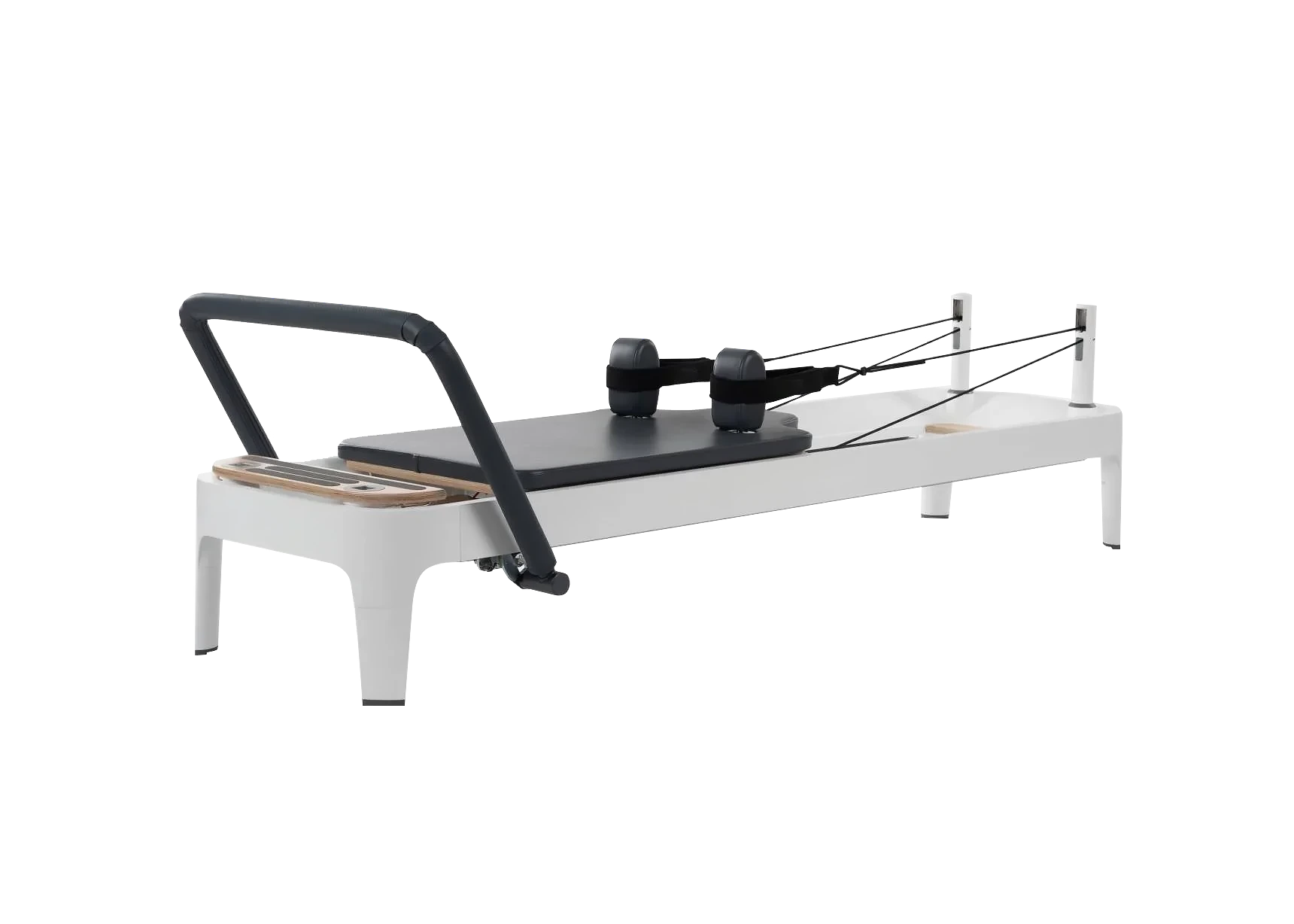
(professional pilates reformer machine)
FAQS on professional pilates reformer machine
Q: What features should I look for in a professional Pilates reformer machine?
A: Prioritize adjustable resistance, durable frame construction (e.g., aircraft-grade aluminum), and ergonomic padding. Additional features like spring configurations, carriage length, and compatibility with accessories enhance versatility.
Q: How much does a professional Pilates machine typically cost?
A: Professional-grade reformers range from $3,000 to $8,000+ depending on brand, materials, and features. Commercial models for studios often cost more due to heavy-duty components and warranties.
Q: Can a professional Pilates reformer be used at home?
A: Yes, compact models like the Balanced Body Allegro or Merrithew SPX are designed for home use while maintaining studio-quality performance. Ensure adequate space (10'x4' minimum) and proper flooring support.
Q: What distinguishes a professional reformer from standard Pilates machines?
A: Professional reformers use medical-grade springs, precision ball-bearing pulleys, and weight capacities exceeding 400lbs. They also offer wider adjustability for advanced exercises and comply with institutional safety standards.
Q: How often should a professional Pilates machine be serviced?
A: Clean and lubricate springs/pulleys every 3-6 months with moderate use. Inspect cables, straps, and bolts quarterly—commercial studio models may require biannual professional servicing.
Latest news
-
Types of Pilates Machines Used in Group Classes Versatility GuideNewsJul.07,2025
-
Pilates Spine Corrector Benefits for Posture and Core StrengthNewsJul.07,2025
-
Pilates Chair for Sale Adjustable Spring Systems for All Fitness LevelsNewsJul.07,2025
-
Ladder Barrel for Sale Commercial-Grade Wooden ConstructionNewsJul.07,2025
-
Eco-Friendly Pilates Studio Equipment Sustainable Materials GuideNewsJul.07,2025
-
Adjustable Pilates Chair Settings for All Fitness LevelsNewsJul.07,2025
- Address
- Room 1601, 1302, Building A, Zijingguandi, Qiaodong District, Xingtai City, Hebei Province, China
- Sandra@raetin.com
- Phone
- +86 18231139331

